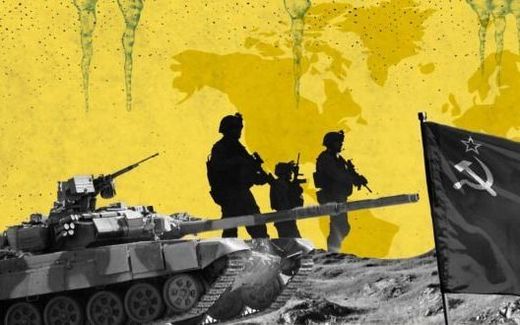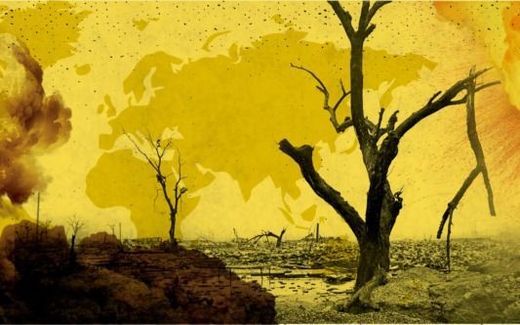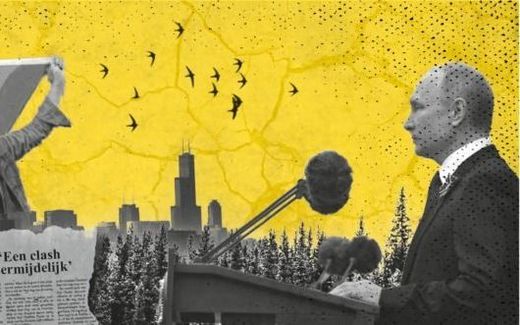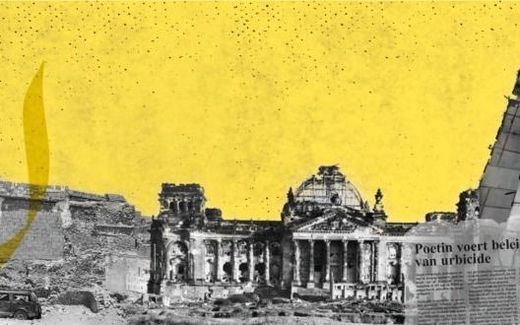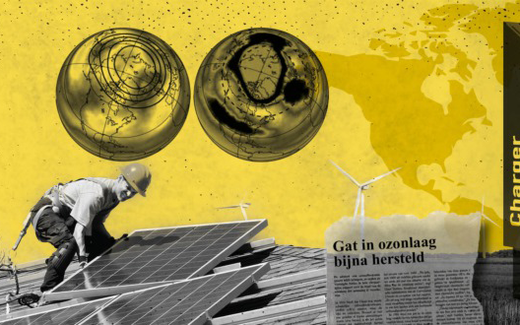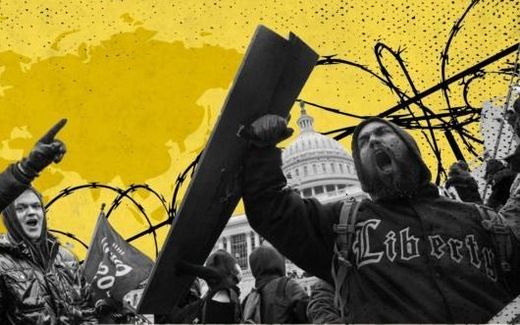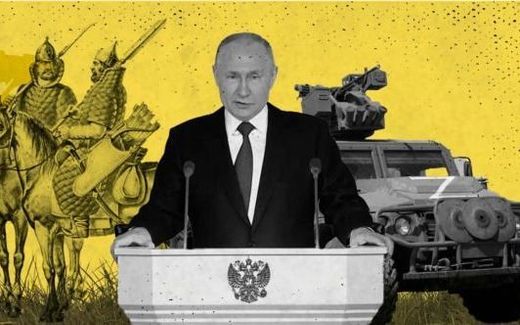May Putin win something? Then you are a realist
10-03-2023
Opinion
Jacob Hoekman, RD
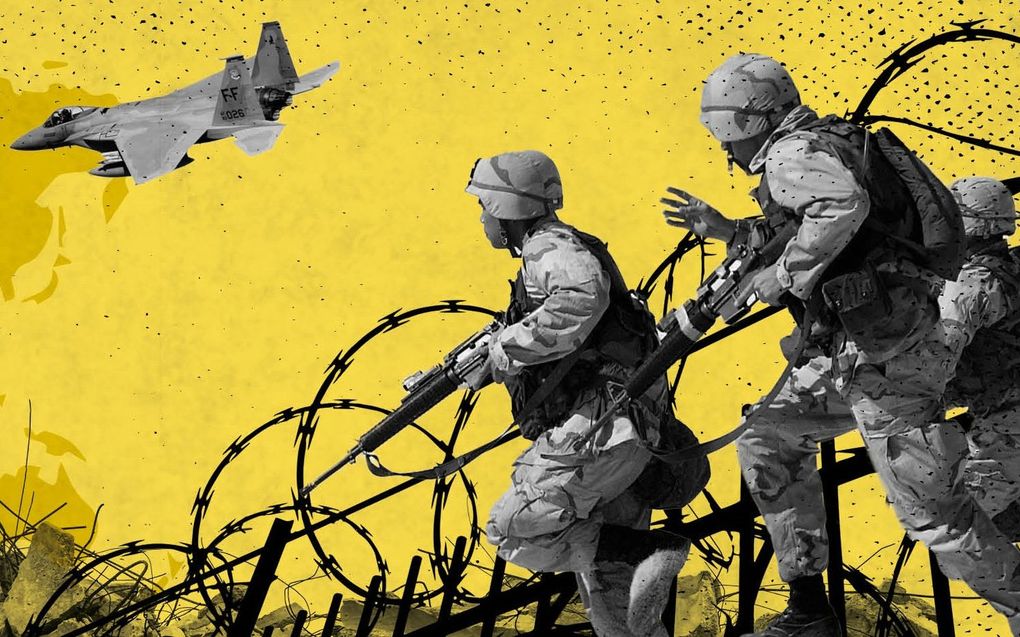
Photo RD
Opinion
Apart from expertise, you need to have a thick skin if you interpret the war in Ukraine at this time. Because no matter what your interpretation is, there will always be people who disagree with you and prefer to pick at you.
It happens, for instance, to Dutch professor of international relations Rob de Wijk, who has been labelled a "Putin cuddler" countless times - and that is one of the mildest appellations. It also happens to Dutch Eastern Europe expert Hubert Smeets. He is accused of only telling the government's story because the platform for which he writes gets a fat subsidy. And it happens to dozens of others who are undercut by people who like to prove themselves right.
Us vs them
Journalist Jakob Hoekman researches history to find answers to difficult questions related to the news.
What should you do about that as an ordinary citizen? You can just shrug your shoulders about it, but there is a deeper layer in these kinds of conflicts that can give a better view of reality once that layer is exposed.
That is what this article aims to do. Interpretation of war is indispensable, but it is often not done based on facts alone. Especially when analyses reach deeper and include recommendations or expectations, a theoretical framework almost always comes into play.
Guiding models
What about the case of Ukraine? What are the guiding models here? Which pairs of glasses do experts usually wear?
Here we enter the world of "International Relations Theory". It deals with questions such as: What are the main causes of international conflicts? How can you best explain the behaviour of governments in international relations? And what expectations can you derive for the future? At least 15 theories have been developed based on which you can give reasonable answers to such questions. Three of these theories stand out because they have been very influential.
Authority
One of the best-known models in this field is realism, also called Realpolitik. It has also been popular among Christians in a specific form, but we will leave that for now. Realism focuses on the power exercised by states. It assumes that states will always stand up for their own interests anyway. Actions on the international stage, such as the war between Russia and Ukraine, are explained in this school from the idea that it is not justice but power and authority that usually prevail. The strongest wins.
Realpolitik has gained particular notoriety through former US Secretary of State Henry Kissinger. This seasoned politician turns 100 in May and has shown many examples of Realpolitik in his long life. One example is the policy under President Nixon in the 1970s, who established diplomatic ties with China despite the US fight against communism because China was a significant power.
Liberalism
But realism is not supreme. Another influential model is that of liberalism. It does not assume the all-important importance of power politics as much. Instead, the liberal school emphasises the opportunities that international institutions such as the United Nations can provide and the influence of international trade.
And then, there is the model of constructivism. Adherents of it see international politics not as something fixed in the interests of states or international institutions but as a constantly changing set of identities and interests. So, suppose you have two opposing groups. In that case, you do not have to resign yourself to that opposition but can try to understand and change the structure and nature of those oppositions.
Block every negotiation
Which theory you adhere to largely determines your view of the conflict in Ukraine. The "realist" Rob de Wijk believes you should not block every negotiation with Putin in advance. After all, Russia is an essential factor on the world stage and its power matters.
In contrast, his counterpart Hubert Smeets argues that De Wijk makes the power question far too important. As if someone with a lot of power has the right to undermine other countries. That is an outdated idea, Smeets believes. No, he argues, entirely in line with the constructivist school: we should not pander to Russia because look at the unexpected dynamics of civic patriotism we see in Ukraine! The country has turned towards the West much faster than expected, and that must have consequences.
International laws
In practical terms, this kind of theorising has significant implications. For suppose the stalemate in Ukraine continues for a long time, will Putin eventually be allowed to keep Crimea and Ukraine's eastern provinces? A realist will tend to say yes to this from the point of view of power politics. At the same time, a liberal, citing international laws, will be much more reluctant to do so. And a constructivist will say that we should leave such an issue to the internal, changing dynamics in both Ukraine and Russia.
Is any of these schools the best? That is a question beyond the scope of this article. But anyone who understands how the different theories of international relations play out in practice will at least get a more complete picture of what has been happening in eastern Europe for a year now. And that, in turn, can save you from too much self-righteousness.
This article was translated by CNE.news and published by Dutch daily Reformatorisch Dagblad
Related Articles

